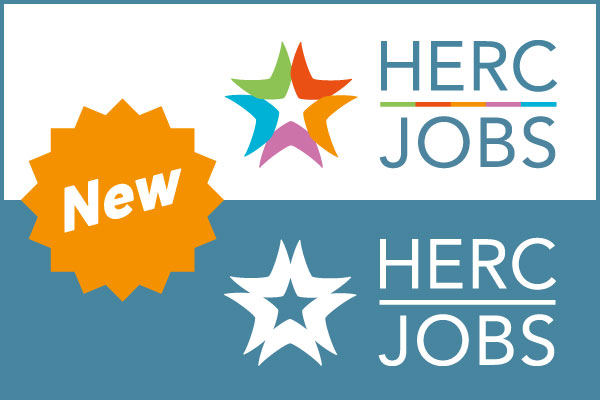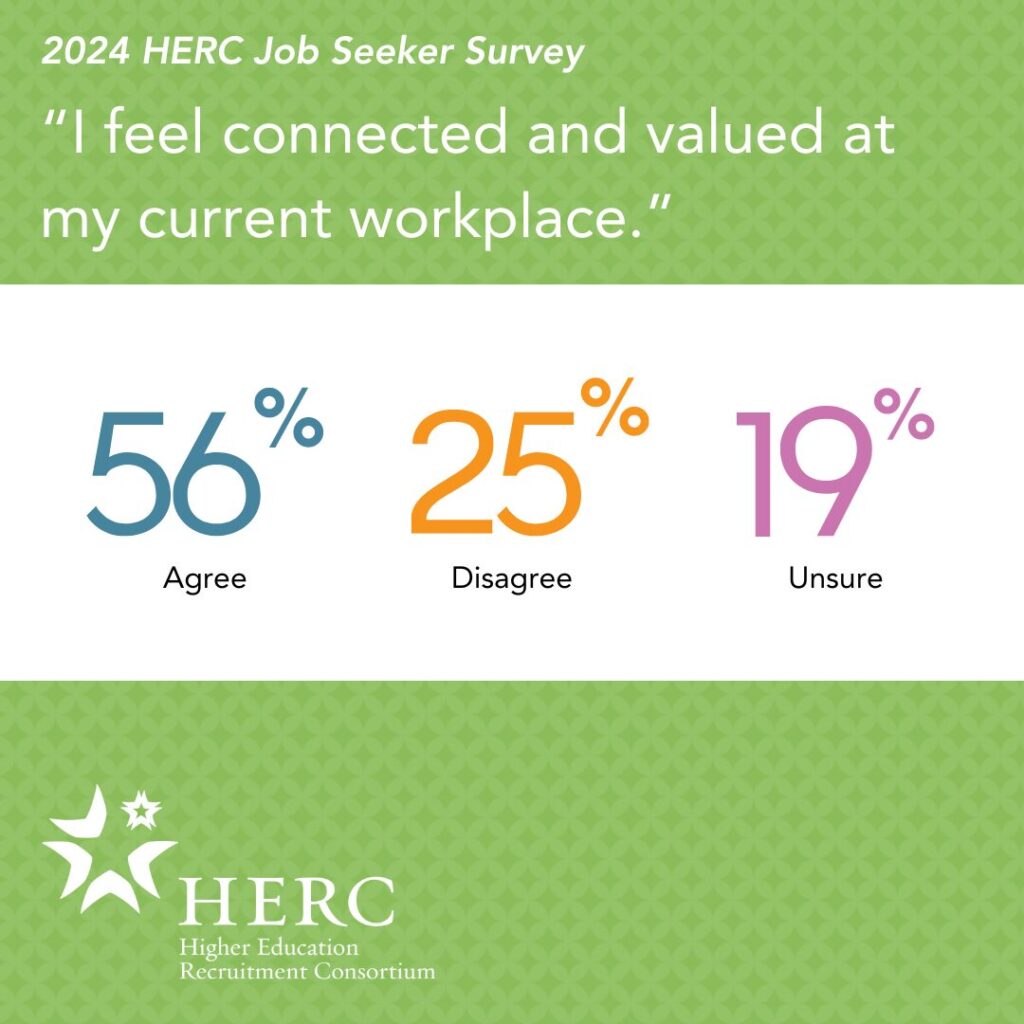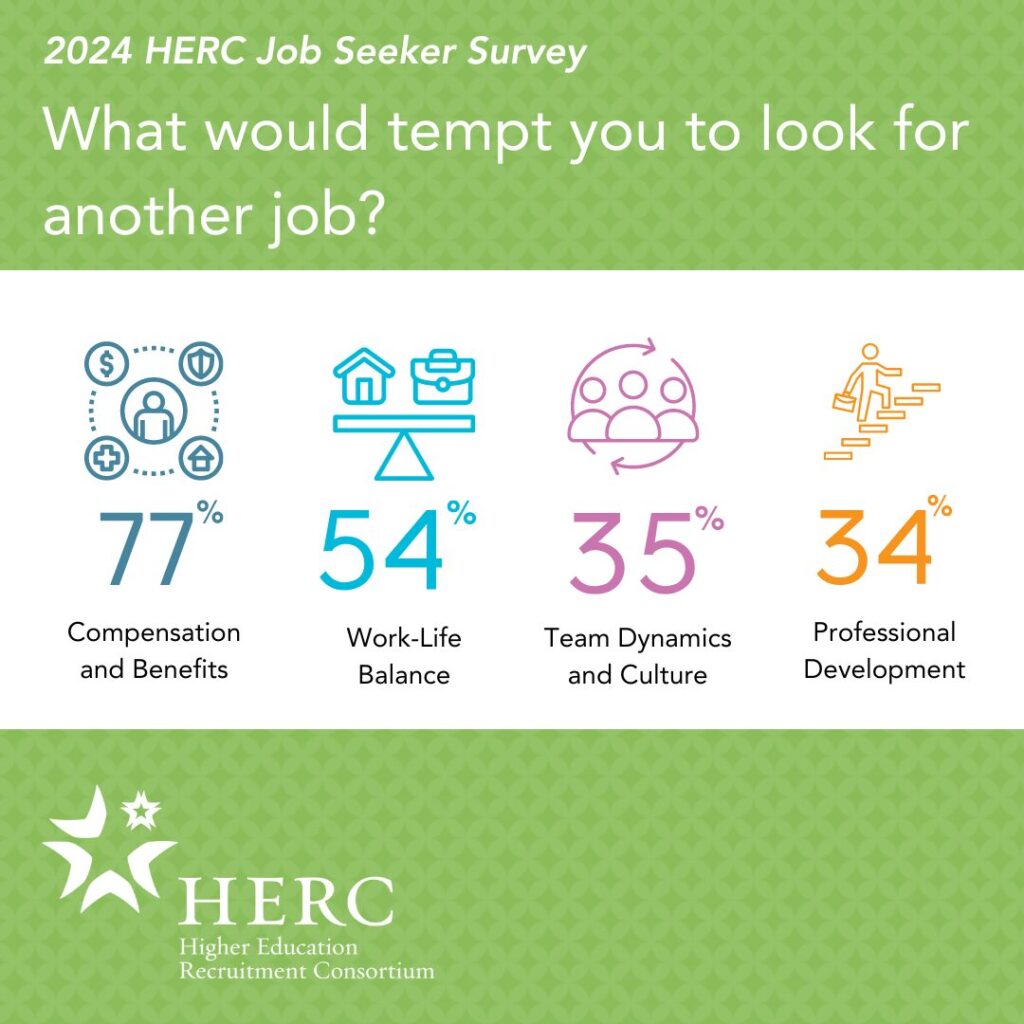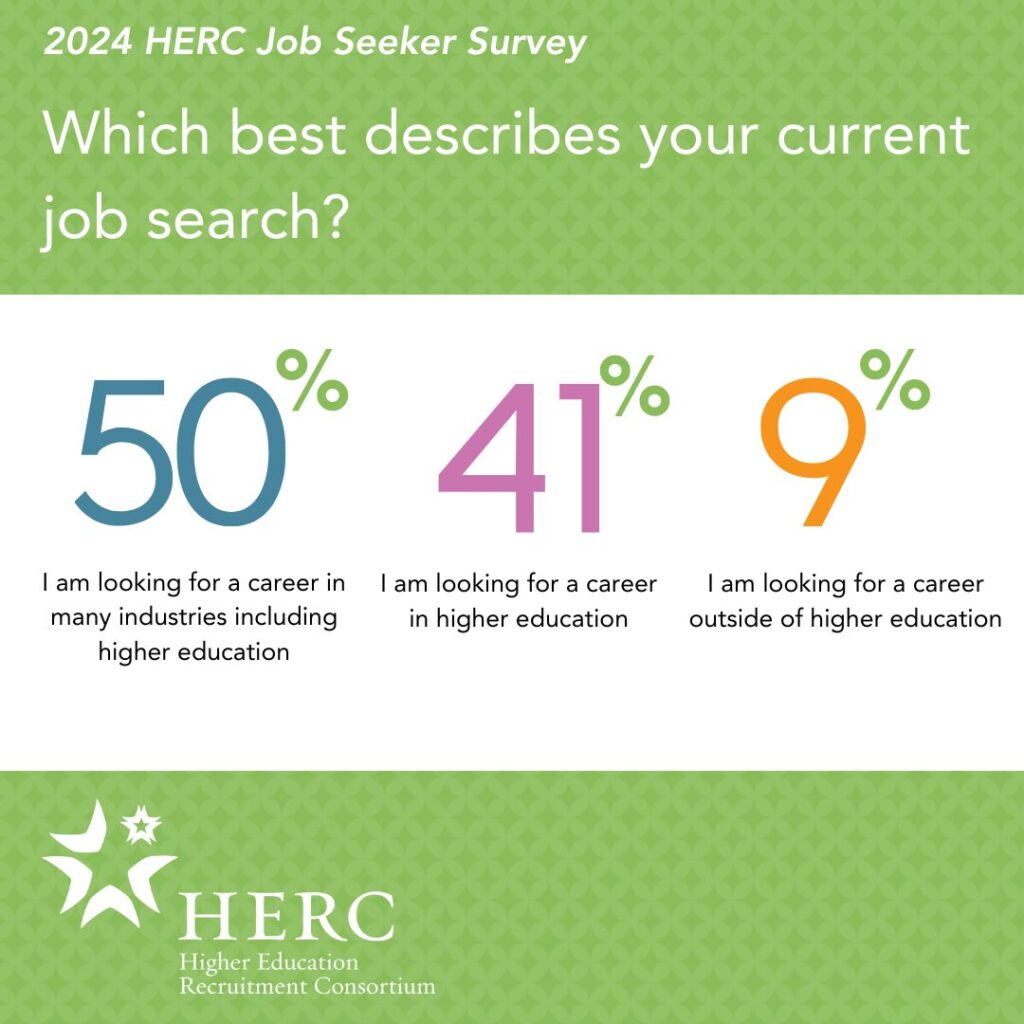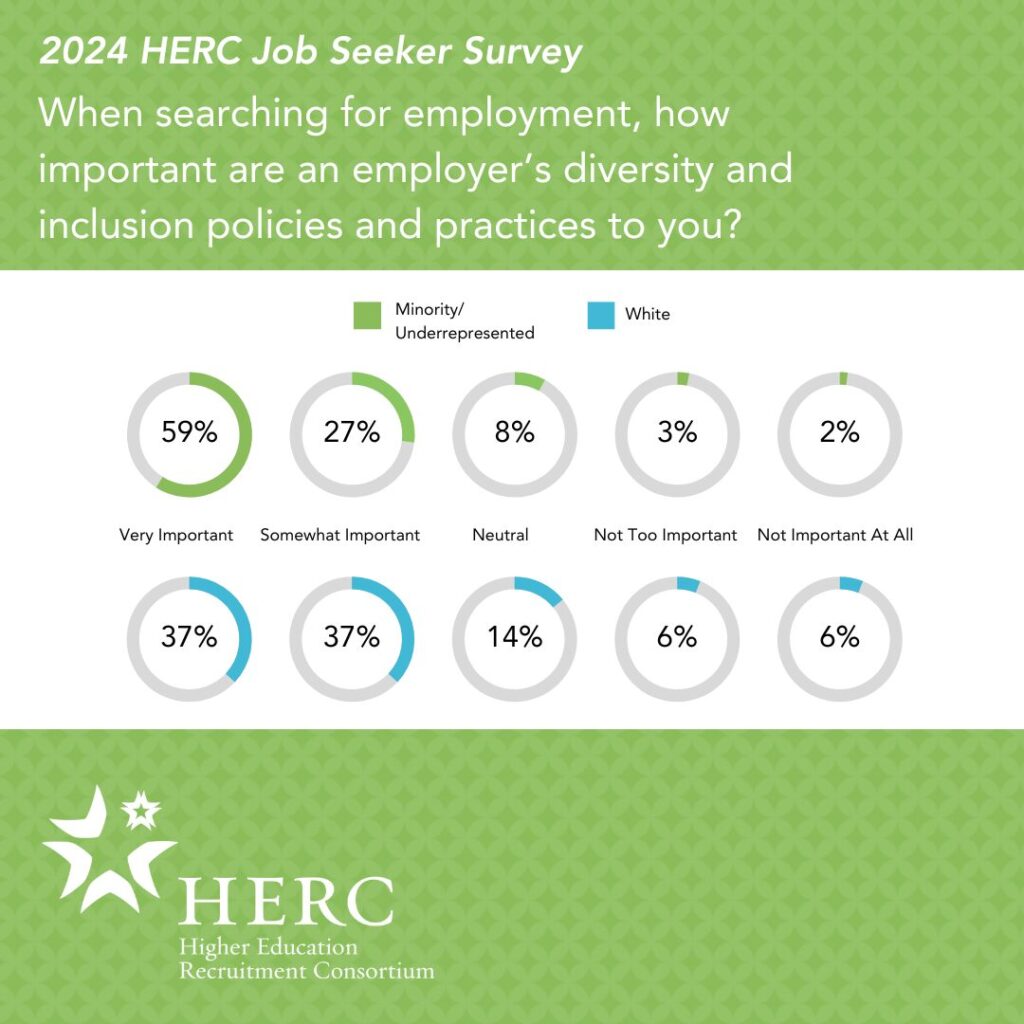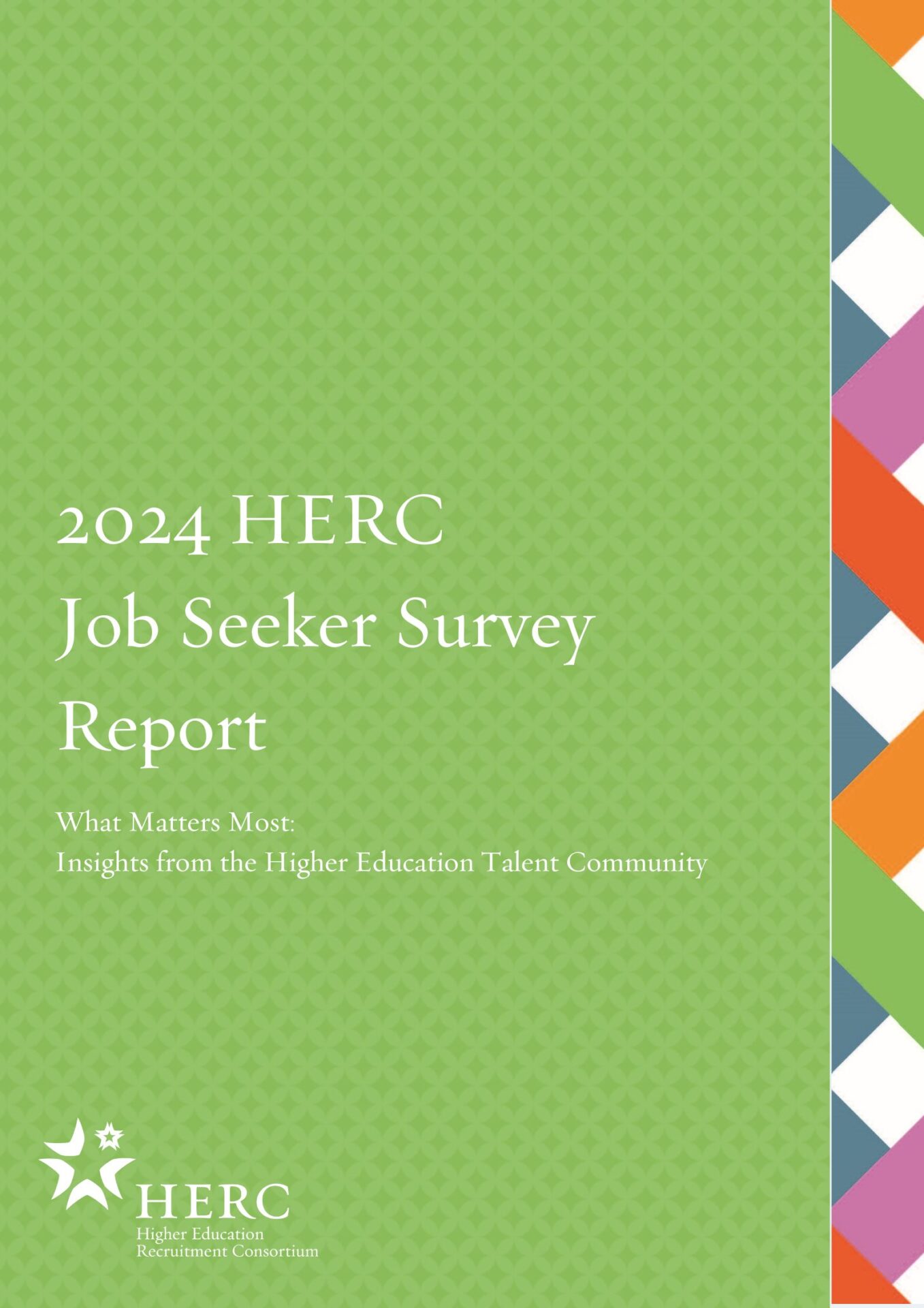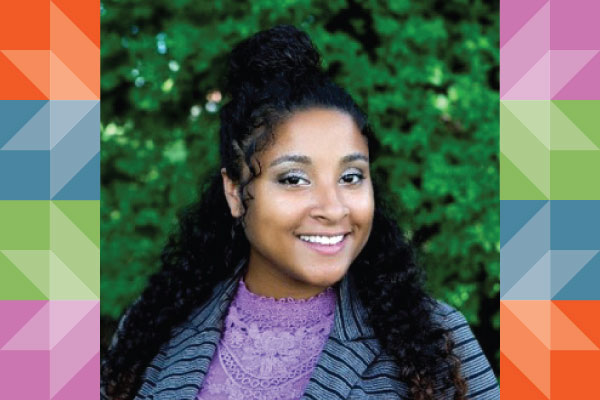
When you’re on the hunt for a new job, it’s easy to get caught up in the excitement of finding a company that seems like a great fit. But if you’re on a path to growing your career, it’s important to consider whether the employer is genuinely committed to cultivating your professional development. Are you ready to invest in your future or just looking for a paycheck? Here are five tips to help ensure you don’t sign an offer without knowing if the organization is the right fit in the long run.
1. Pay Attention to the Language Used in the Job Description
Sometimes, you can tell a lot about a company’s approach to career growth just by carefully reading the job description. Companies that value internal promotions often use language that reflects this, such as “growth opportunities,” “career pathing,” or “room for advancement.” They may also highlight mentorship programs or ongoing training as part of the role.
If a job description is heavy on immediate tasks and responsibilities without mentioning future growth, it might be a sign that the company is more focused on what you can do for them right now rather than how they can help you develop in the long run.
2. Check Their Track Record Ahead of Interviewing
One of the most telling signs of a company’s commitment to career growth is its history of promoting from within. Do your own research on LinkedIn to look at the profiles of current employees and see if they’ve moved up the ranks over time. If you notice that many employees have stayed with the company for several years and have held multiple positions, that’s a good sign the company supports career growth. You can also check company review sites like Glassdoor to see what current and prior employees say about the organization. Another great way to get a sense is to find their “company culture” or “about” page on their website. If a company really does care about employee growth, you’ll likely see highlights about how they invest in their employees.
3. Ask About Professional Development Opportunities
During an interview, don’t hesitate to ask directly about the company’s track record. You can phrase it like, “Can you share examples of employees who have advanced within the company?” or “What percentage of leadership roles are filled by internal candidates?” Companies that prioritize internal promotions are usually proud to share this information. A company serious about career growth will have a culture of investing in professional development.
You can also ask about opportunities for training, mentorship, and continued education. For example, some companies offer internal training programs or subscriptions to companies such as Udemy and Coursera. Some good questions include, “What kind of training programs do you offer?” or “How does the company support employees who want to gain new skills or certifications?” Companies that have structured training programs, budgets allocated for conferences, and/or tuition reimbursement are additional great indications that they are invested in keeping you onboard for a long time and helping you develop skills for the future.
If the conversation is moving along smoothly, you can dive deeper by asking more specifics, such as how often promotions happen, what percentage of employees are promoted internally, and/or whether the company uses performance reviews as a tool for growth.
4. Observe the Interviewer’s Responses and Attitude
During the interview process, pay close attention to how the interviewer responds when you ask about career growth. Are they enthusiastic and detailed in their responses, or do they seem vague and hesitant? An interviewer who genuinely believes in the company’s commitment to internal promotions will be able to give you clear examples and speak passionately about the opportunities available. Watch for red flags like vague answers or overly general responses, and listen for signs of a formalized process for promotions and career development. If that’s not offered, ask how frequently promotions are assessed and what advancement paths are available. You’re looking for solid signs that the company takes career growth seriously.
5. Consider the Size and Structure of the Company
While this isn’t a hard and fast rule, larger companies often have more resources for training and development, as well as more layers of management, which can provide more opportunities for advancement. That said, smaller companies might offer faster promotions due to their more flexible structure and the need for employees to take on multiple roles. Take some time to really reflect on your career aspirations and consider the kind of company culture and the structure you’ll need. For example, larger companies may offer defined promotion pathways but require patience, whereas smaller organizations or teams might offer quicker advancement in a less structured way.
If you’re committed to further career growth, choosing a company that supports your long-term goals is crucial for your job satisfaction and motivation. By prioritizing career growth in your job search, doing your homework, and asking relevant questions, you’ll be equipped to evaluate the type of company that aligns with your vision of career growth. After all, it’s not just about a job— investing a little time and effort will set you up for long-term growth and a rewarding career.
Check out Top Articles on HERC Jobs.
About the Author: Sara Jane Todd is a marketing and communications professional with 20+ years of experience across various disciplines and industries. Sara’s biggest passion is developing clear, concise, compelling messaging and branding—ensuring a consistent voice across all marketing touchpoints. She believes that same philosophy applies to how you market yourself.




